SJKC get a surge of applications
PETALING JAYA: The significant increase in applications for teaching positions in Chinese vernacular primary schools (SJKC) has been largely attributed to effective awareness campaigns and outreach efforts by education groups working alongside community organisations.
One of the most impactful initiatives has been the “I Want to be a Teacher” campaign, launched by the United Chinese School Teachers’ Association (Jiao Zong) in 2020.
Its president, Cheah Lek Aee, highlighted the crucial role of awareness in attracting aspiring teachers, saying that individuals are more inclined to apply once informed about the teaching profession’s benefits and processes.
“The belief that the Chinese community is uninterested in teaching is simply not true. When people understand and know more about becoming a teacher, as we have shown through our campaign, they will apply,” he said in an interview yesterday.
This year, the demand has surged, with 1,678 positions available, and an ambitious target of 8,000 applicants.
Deputy Education Minister Wong Kah Woh recently announced that 6,292 individuals had applied for the Bachelor of Education (PISMP) programme specifically for SJKC this year.
Cheah noted that since the PISMP intake opened in February, the campaign – run in collaboration with the Education Ministry – has organised 25 in-person events and two online sessions nationwide.
“These events have been well-received, with attendance numbers sometimes reaching 300 to 400 participants. We have travelled across the country to engage potential candidates about the benefits and requirements of teaching. Attendees have the opportunity to ask questions, and we provide them with clear answers,” he said.
Cheah welcomed the move from associations that have started rewarding successful applicants with stipends upon admission.
Despite these positive developments, Cheah acknowledged the persistent challenge of teacher shortages in SJKC.
“This is a decades-old issue. While our current initiatives are part of a long-term solution, we urgently need a short-term plan, such as allowing SJKC to hire temporary teachers to fill the roughly 1,400 vacancies,” he said.
Looking ahead, Cheah reiterated the importance of a multiracial and multicultural approach in the government’s upcoming New Education Blueprint.
“The blueprint must respect the diversity of our educational institutions, moving away from a monolingual focus,” he said.
National Union of the Teaching Profession president Aminuddin Awang welcomed the surge in applications, calling it a positive shift in the perception of teachers.
“It shows that the teaching profession is being embraced. Previously, it was quite challenging to get applications from those genuinely interested in teaching at SJKC,” he said.
Aminuddin added that the larger pool of applicants allows the government to select top-quality candidates to fill SJKC vacancies.
While applicants entering the Institute of Teacher Education are assured of placement, Aminuddin reminded that the path to becoming a fully qualified teacher typically takes five years.
“Also, the placement times may vary after training, but we hope that once these candidates graduate, their placement in schools will be swift. Let’s not keep them waiting for too long,” he said.


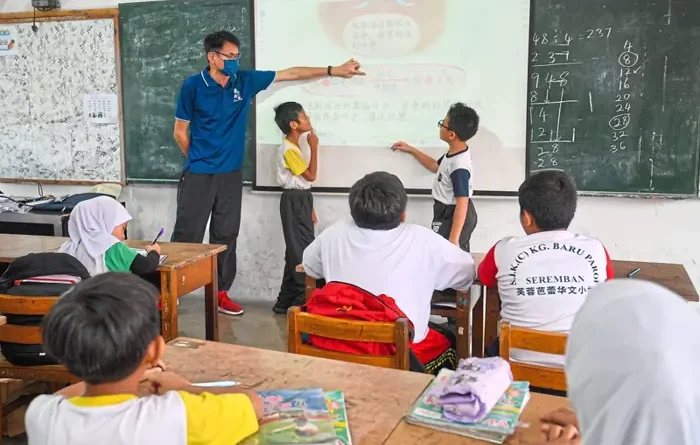

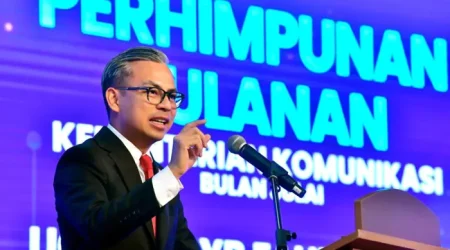
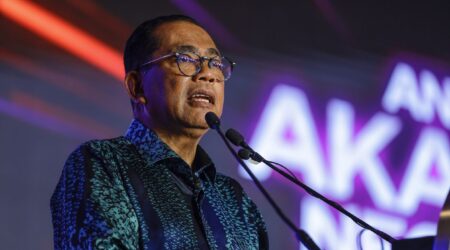


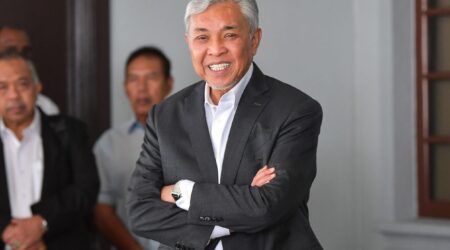
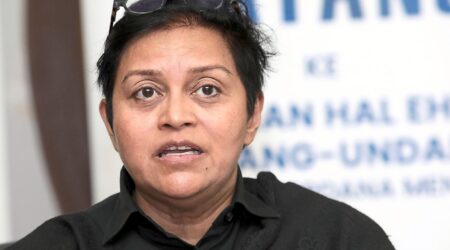

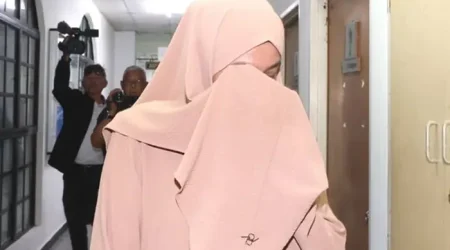

Leave a Reply